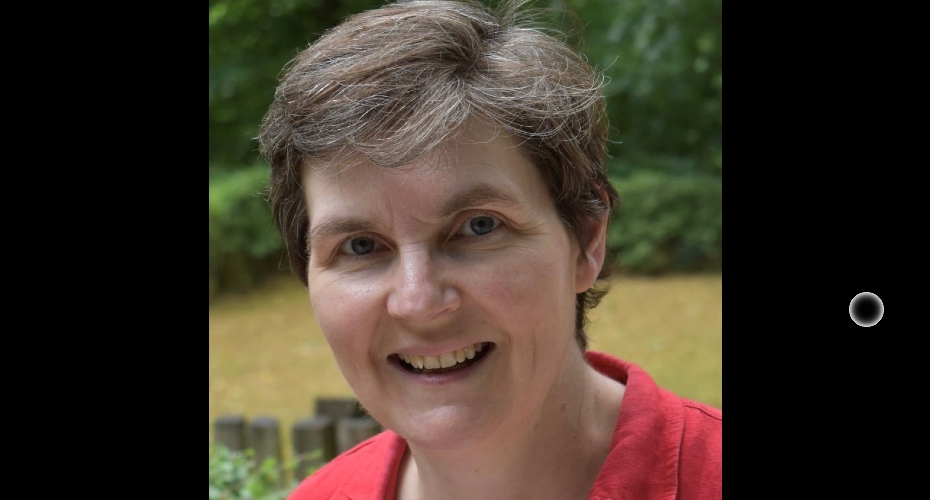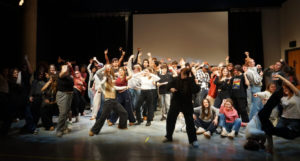Prestigious fellowship funds research into good speech in Christianity

The nature of ‘good’ speech and how today’s debates around freedom of speech and abusive public discourse are influenced by classical and Christian values is the focus of a prestigious new research fellowship.
Professor Morwenna Ludlow, an expert in historical theology, will study Greek and Latin writers in the fourth-fifth centuries to build a new understanding of the virtues and vices of speech.
The project – God and good speech in early Christianity: a critical investigation – has been made possible by a Leverhulme Major Research Fellowship of £115,000, which will enable Professor Ludlow to attend and contribute to international conferences.
It will culminate in what Professor Ludlow hopes will be a ground-breaking book that establishes the historical and conceptual foundations through which to engage with present-day debates.
“The question of ‘what is good speech?’ underlies many present-day debates about the nature of public discourse, especially with regard to freedom of speech, civility, abuse, and the polarisation of debate,” says Professor Ludlow, a Professor of Christian History and Theology in the Department of Classics, Ancient History, Religion and Theology. “In Europe and North America, we are seeing those on the political right make regular appeal both to ‘classical civilisation’ and ‘Christian values’ in presenting their political visions. So, it is important, therefore, to be able to hold these claims up to scrutiny.”
The fellowship will enable Professor Ludlow to study five key modes of speech that she has identified. These include Boldness, as demonstrated by Bishop Mariann Budde ‘speaking truth to power’ in the shape of President Donald Trump during her sermon at the National Prayer Service in January; Encouragement, of the type given to armies before battle, or inspirational rallying cries in sport; and Silence, when it is an active choice or form of protest.
Conventional studies of rhetoric typically begin with the speaker and ask how best to persuade one’s audience. “By contrast, what interests me,” Professor Ludlow says, “is ‘what is it like to be on the receiving end of good and bad kinds of speech’? What are the consequences? And how has Christianity normalised – and sometimes challenged – those kinds of speech?”



